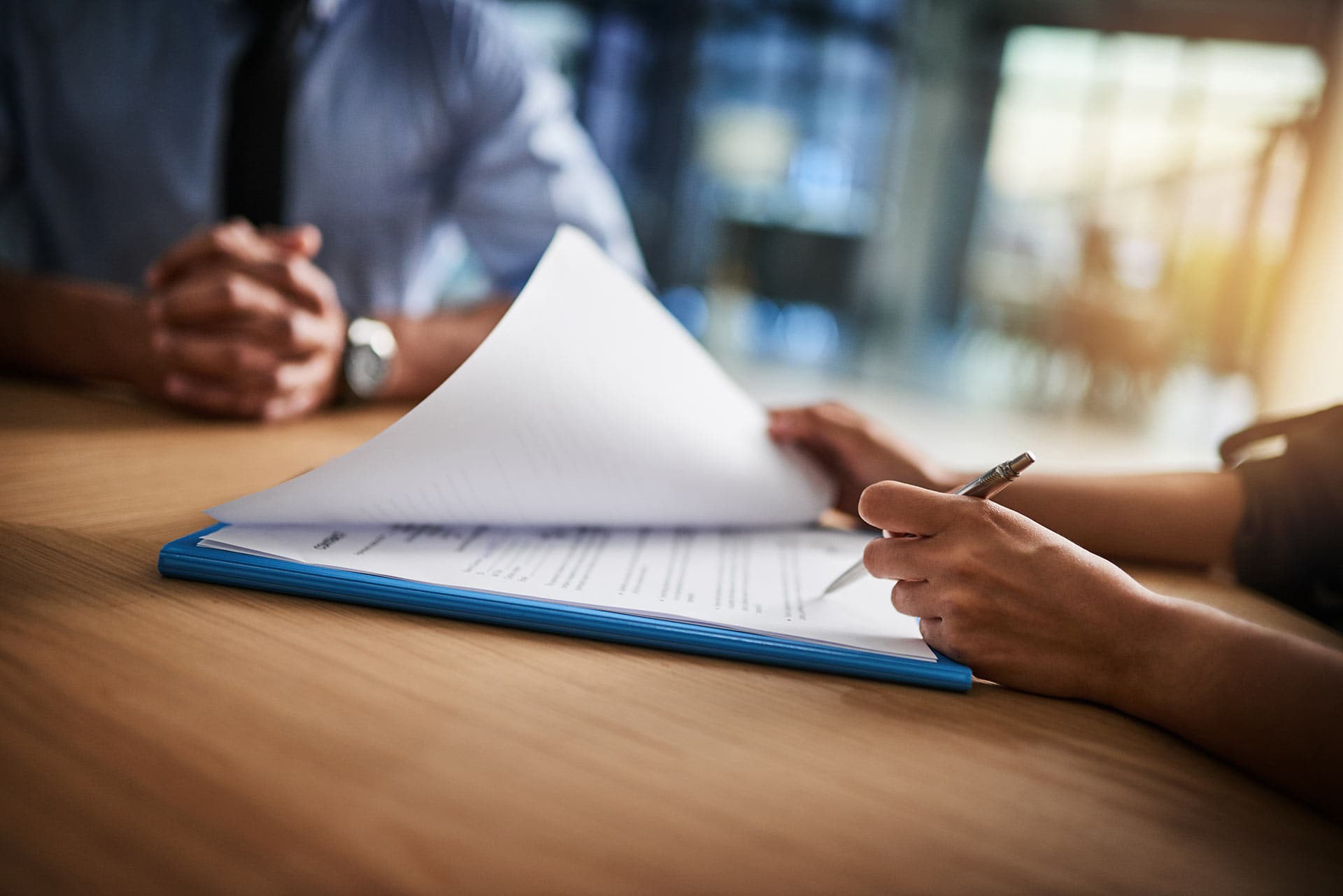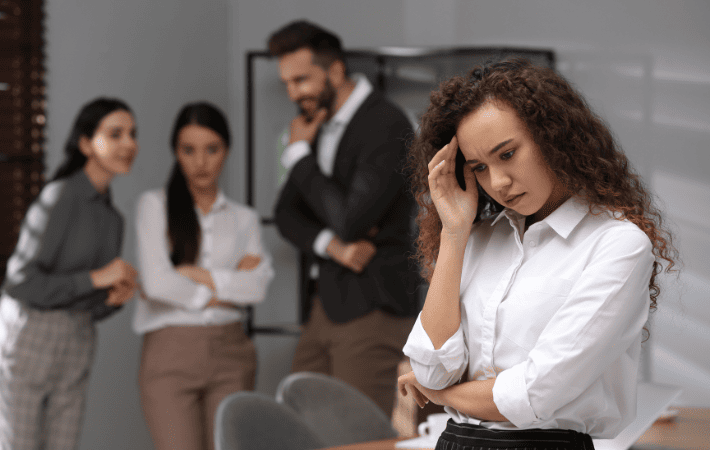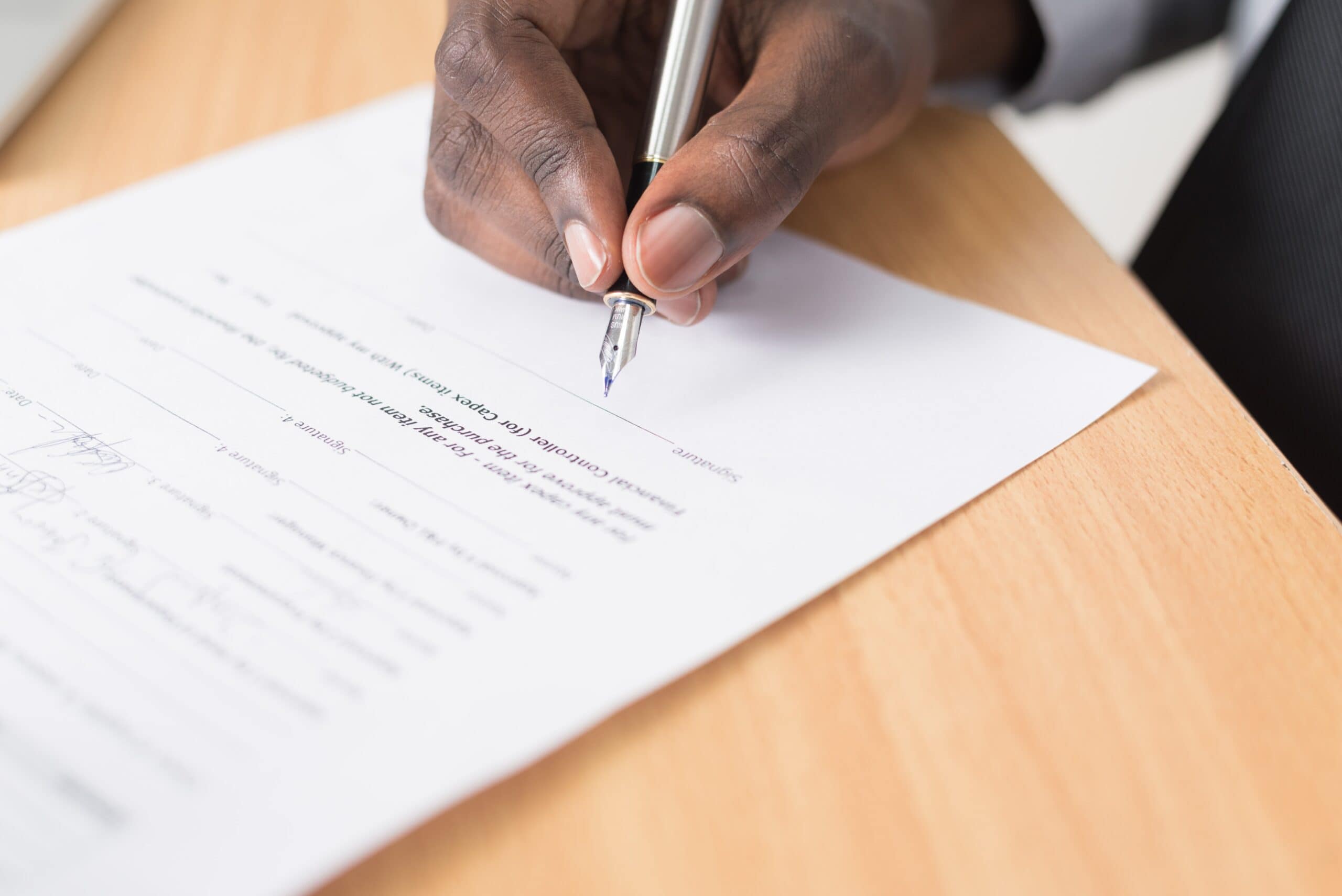
In a society driven by digital content and social media sharing, tracing posts and pictures to the original author can be like finding a needle in a haystack.
Online platforms facilitate content that evolves in slight variations from one user to the next (like an online game of ‘Chinese Whispers’). This begs the question – is it legal?
The Copyright Act 1968 (Cth) provides that copyright is the exclusive right to reproduce work in a material form, publish the work and communicate the work to the public. Copyright is retained in original artistic works, including photographs.
In short, by using online content for your next upload without obtaining the owner’s permission, you are guilty of copyright infringement.
Exceptions to Copyright Infringement
There are exceptions to copyright infringement in Australia including fair dealing, which permits copyright infringement for the purposes of:
- research or study;
- criticism or review;
- parody or satire; and
- reporting of news.
Innocent Copyright Infringement (section 115(3) of the Copyright Act) is a shield of protection separate to the exceptions above. A copyright owner will not be entitled to damages but instead, can claim an account of profits when:
- they can establish copyright infringement;
- the infringer had an active lack of awareness that the act constituting the infringement was an infringement of the Copyright (Subjective Awareness Element); and
- they had objectively considered they had no reasonable grounds for suspecting that the act constituted an infringement (Reasonable Suspicion Element).
It is usually difficult for the infringer to rely on this defence unless they can provide evidence of the enquiries they made to confirm that their use of the copyright did not constitute copyright infringement.
To establish that there were no reasonable grounds to suspect the use of the content would infringe copyright, evidence that that infringer attempted to ascertain the ownership of the content is required. Merely claiming that the infringement was inadvertent due to a lack of awareness of the copyright in the content does not satisfy the requirements of Innocent Copyright Infringement.
Assessment of Damages
The court will commonly assess damages for copyright infringement according to the licence fee or royalties payable. In the event that the Innocent Copyright Infringement defence is successful, the copyright owner is only entitled to an account for profits – in other words, compensation in an amount equivalent to the profit derived from the infringer using the copyright protected content.
The court may also have regard to:
- the flagrancy of the infringement;
- the need to deter similar infringements; and
- the conduct of the infringer after the act.
Next Steps
Have you received a notice of copyright infringement and unsure about how to respond? Are you a website developer, content creator, graphic designer or photographer seeking to protect your Intellectual Property? Our team of expert commercial lawyers can help you safeguard and commercialise your Intellectual Property Rights. Contact Antunes Lawyers today on (02) 9964 0499.
Related Articles
Why Have an Employment Agreement?
When an employee embarks on a new job opportunity, the employer will usually have the employee sign an employment agreement.…
Sexual Harassment In The Workplace? See How Recent Changes To Legislation Affects You
The Anti-Discrimination and Human Rights Legislation Amendment (Respect at Work) Bill 2022 has been enacted to amend a suite…
Disclosure Letters and Warranties
All business transactions will require the parties to make particular warranties. If a party breaches a warranty, this may…
The articles on this website comprise legal general information and not legal advice. The general information presented here must not be relied upon without legal advice being sought. In the event that you wish to obtain legal advice on the contents of this general information you may do so by contacting our office or your existing solicitor.




